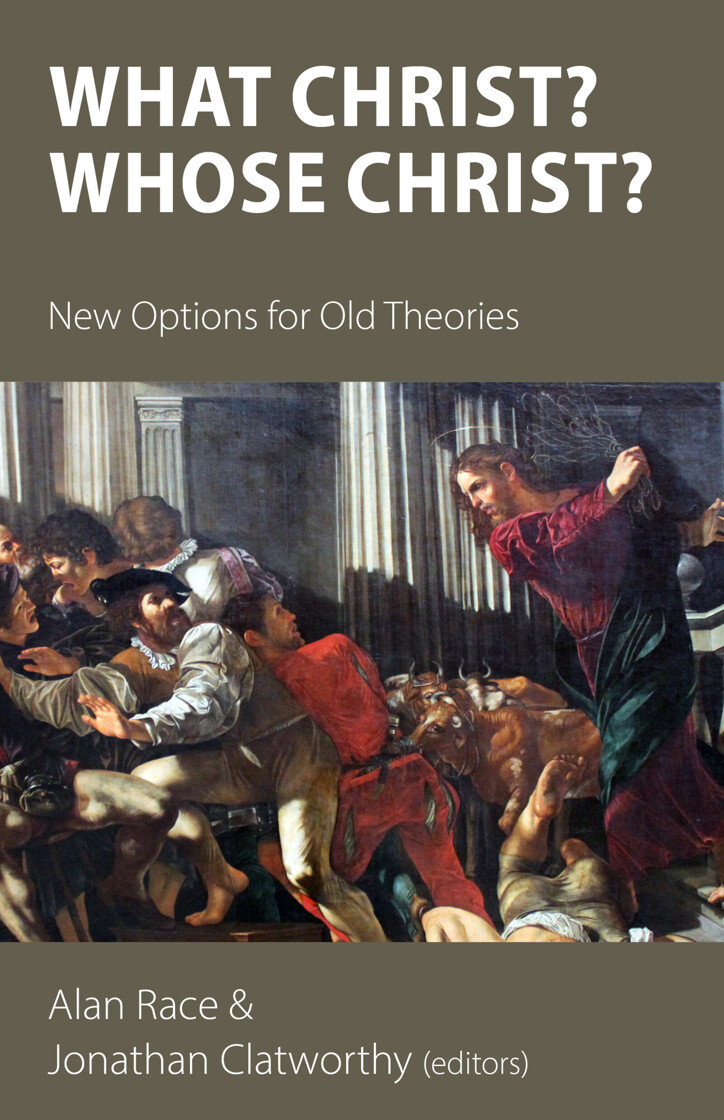Jonathan Clatworthy

Jonathan Clatworthy is a theological author and Anglican priest. His main research interest is the ethical significance of monotheism. In the past, he has taught Theology, Ethics and Philosophy at Manchester and Liverpool Universities.
His publications include Good God: Green Theology and the Value of Creation (Jon Carpenter, 1997); Liberal Faith in a Divided Church (O Books, 2008); Making Sense of Faith in God: How belief makes science possible (SPCK, 2012); and Why Progressives Need God: An Ethical Defence of Monotheism (Christian Alternative, 2017).
For over 20 years, he helped run Modern Church in various roles and was General Secretary for half that time. On behalf of Modern Church, he edited The New Liberalism: Faith for the Third Millennium, (Modern Churchpeople’s Union, 1998; The Windsor Report: A Liberal Response (John Hunt, 2005); and the quarterly newsletter Signs of the Times from 2002 to 2008. As part of Modern Church’s support for gays and lesbians, he was heavily involved in arguing the case against the proposed Anglican Covenant.
He was the founder editor of Theology in Green, now Ecotheology, and more recently has edited Modern Believing. He blogs on www.clatworthy.org.
Before retirement, he worked as a parish priest and university chaplain in the dioceses of Manchester, Sheffield, Lichfield, and Liverpool. Prior to that, he had worked as a nurse and a social worker. He and his wife Marguerite have three children and four grandchildren. After 20 years in Liverpool, where he was a regular attender at Philosophy in Pubs, in 2020 they moved to Guiseley, Leeds, to be closer to their children. He is a longstanding member of the Green Party. From 1997 to 1999, he convened a working party updating its Philosophical Basis.
-
What Christ? Whose Christ?: New Options for Old Theories
Paperback £19.99
This book explores a Christian view of Jesus of Nazareth that responds to critical demands from numerous perspectives, encompassing Jesus of History research, differing cultural contexts, feminism, and post-colonialism.

